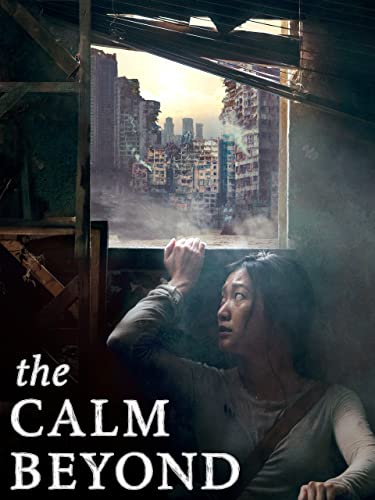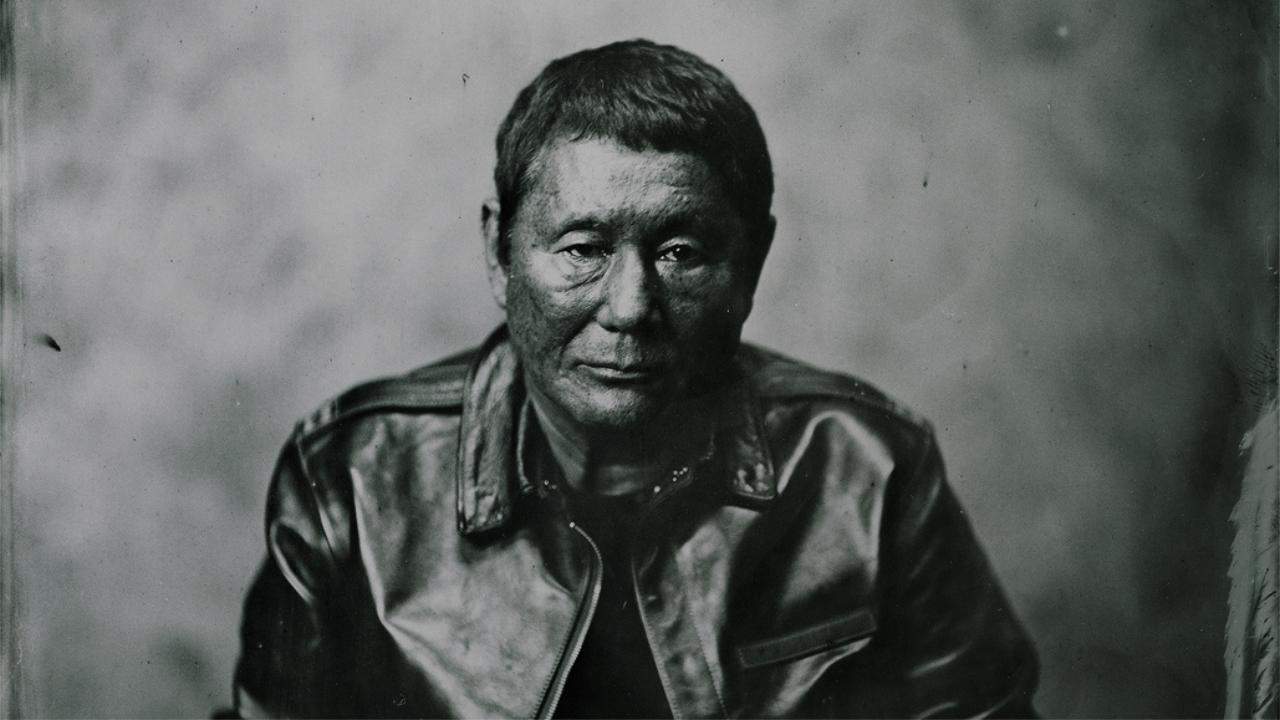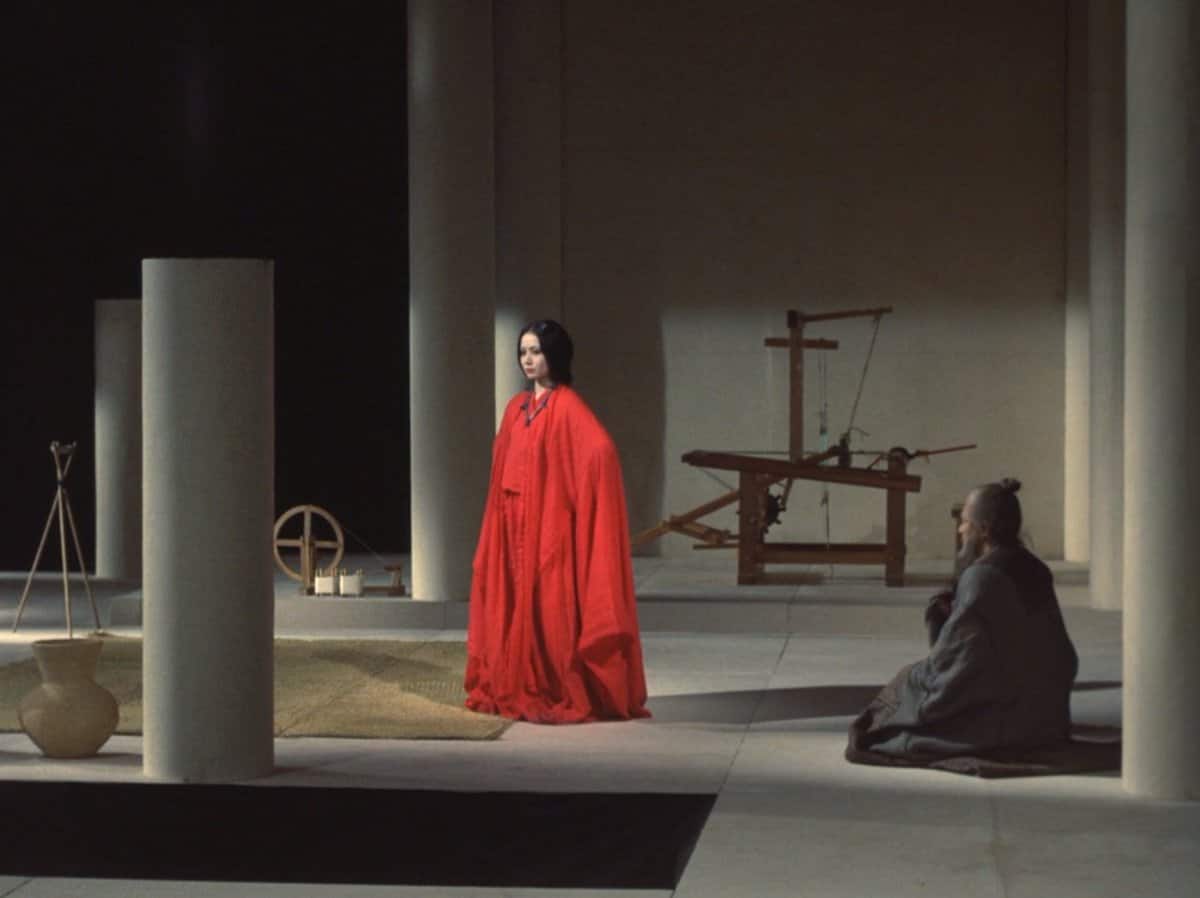The dystopian/post apocalyptic theme has been one of the most dominant during the latest years in world genre cinema, essentially mirroring a pessimism that seems to lurk all over humanity. Joshua Wong tries his hand on the category, by also including another audience-favorite element, the presence of a little girl.
Watch This Title
on Amazon
After a world-destroying typhoon has completely flooded Hong Kong, a young woman, Asha lives hidden in silence, trying to survive while also avoiding a group of pirates, who have been infesting what remains of Hong Kong, having previously secured guns and boats. Despite the fact that death lurks in every corner, Asha's great survival skill has allowed her to live a relatively calm life, considering the circumstances. That all changes when Hei Hei, a little girl, literally floats in her life, awakening the trauma that has been tormenting her regarding the fate of her actual half-sister, which we get to know through a number of flashbacks of her past life. As a reluctant Asha eventually opens up to the newcomer, also seeing her as an opportunity to atone, the pirates eventually get wind of their existence.
Joshua Wang directs a multi-leveled narrative, which unfolds in three different parts, which differ significantly both in context and aesthetics. The first one focuses on how Asha survives on her own, while still tormented by her past, and how the girl changes whatever balance she has managed to achieve. This part is dominated by silence and bleak colors and occasional CGI that show how the world continues to get destroyed, but in general, is relatively realistic and reminds, in style, of Korean productions. The second part, which is much more “bubbly” colored and noisy, focuses on her past, and unfolds as a family drama, with Asha's strenuous relationship with her mother, particularly after her sister has come to their life, taking center stage, while reminding much of American-Asian productions. The last part begins after the pirates realize their presence, and while bleak, is quite violent to the point of brutal on occasion, also changing the rhythm significantly, which becomes much faster, courtesy of Wong's own editing, and again moves into Korean cinema paths.
This approach is quite intriguing and actually carries the film from beginning to end, but the truth is that the past arc is definitely on a lower level than the other two, suffering from both story and acting, with the exception of one scene where the fight between mother and daughter becomes quite intense. Despite the fact that the flashbacks are well-placed, providing a relief from the bleakness of the main arc, this aspect essentially faults the overall sense the movie leaves, even though the quality of the other two definitely compensate.
Particularly the last part emerges as rather impressive, definitely on a higher level than the other two, to the point that one wonders how the film would be if the whole narrative was shaped as an action thriller instead of including an effort for some commentary regarding the generational gap and the concept of regret, which ends up seeming misplaced. This element is also mirrored in the performance of Kara Wang as Asha, who is much better in the other two levels, and particularly in the “vigilante” aspect.
In the end, and despite this significant fault, “The Calm Beyond” emerges as an entertaining spectacle that definitely deserves a watch for its action elements.
The Calm Beyond is out now to Rent on Digital platforms.

















